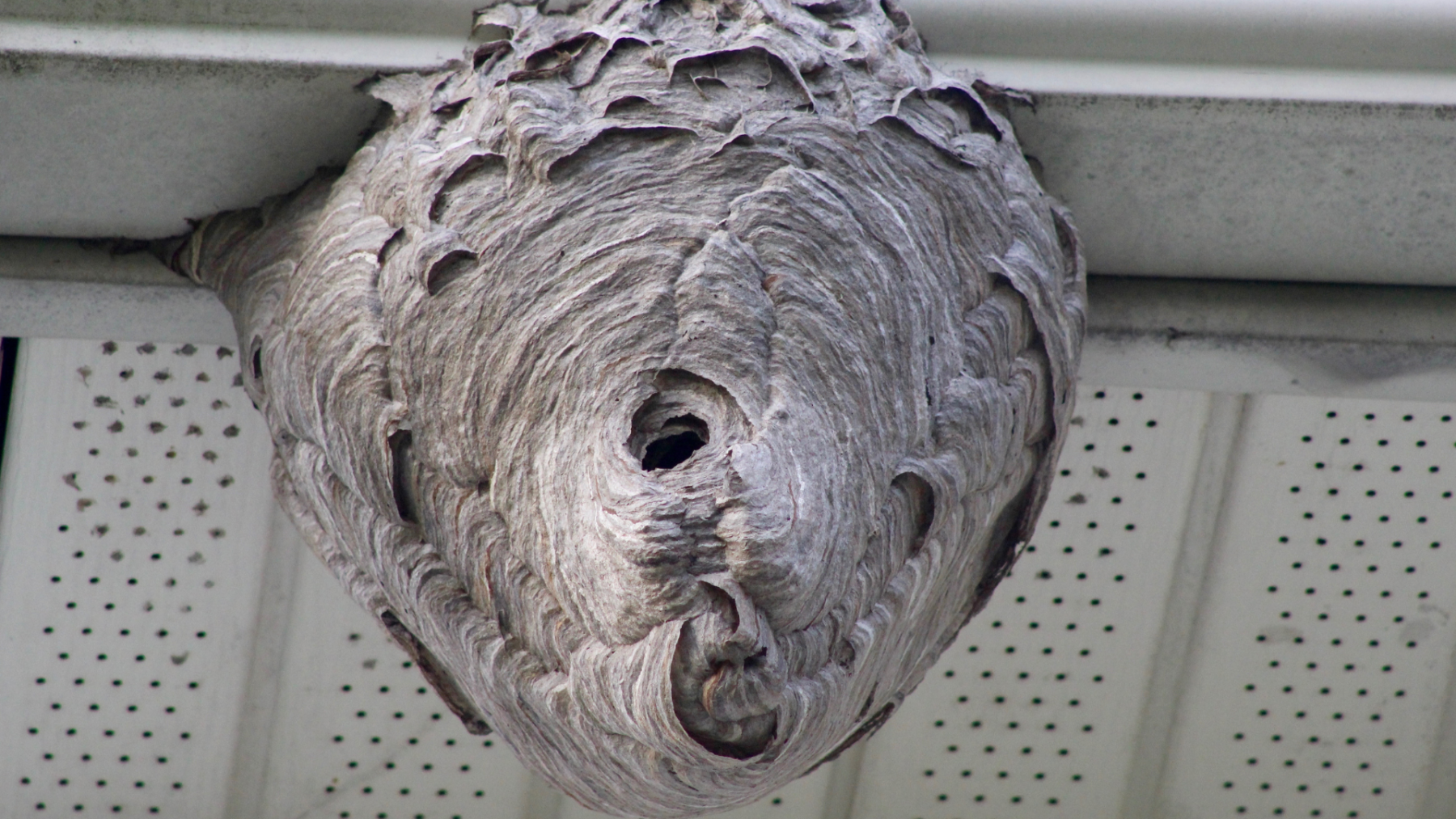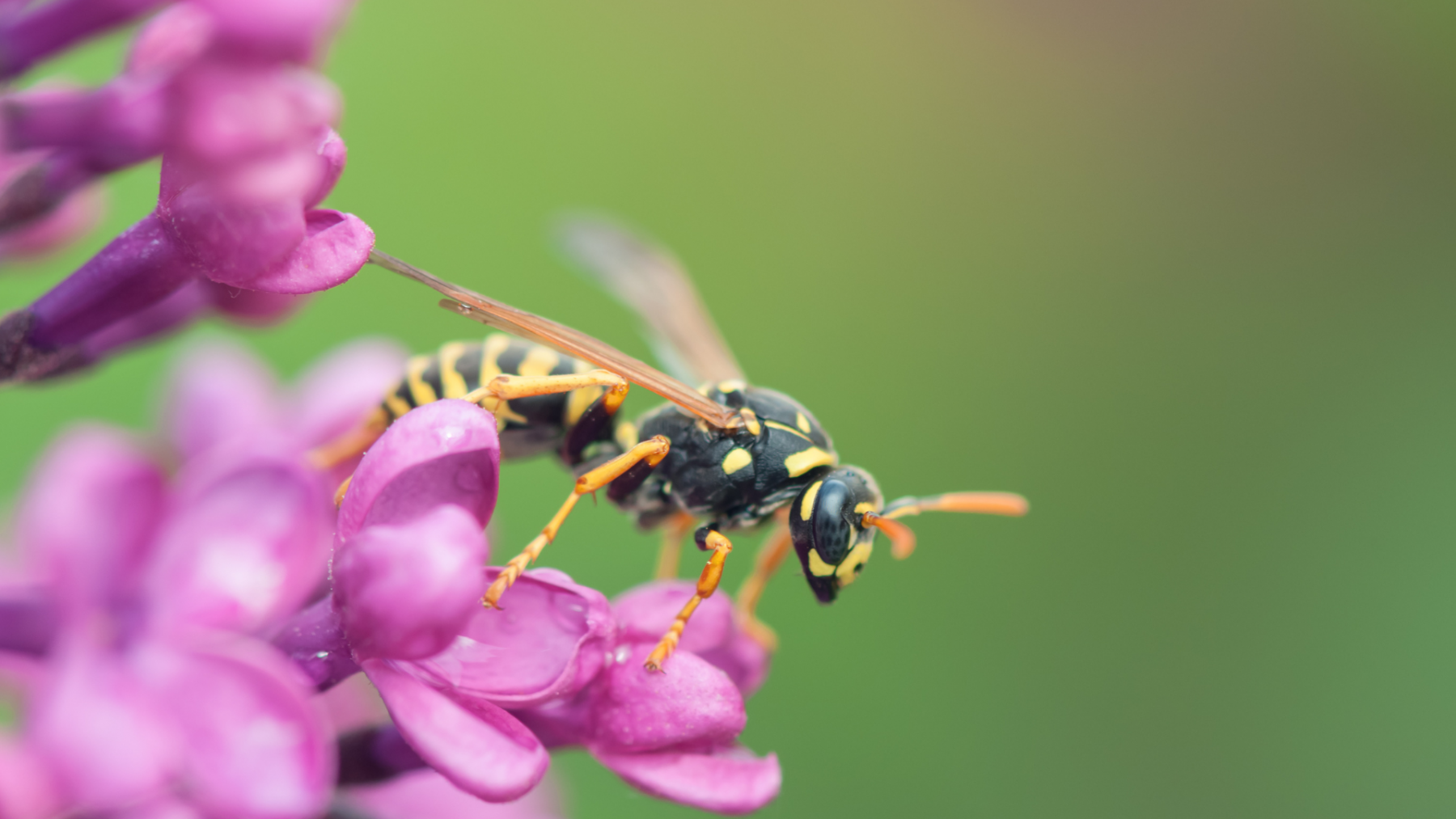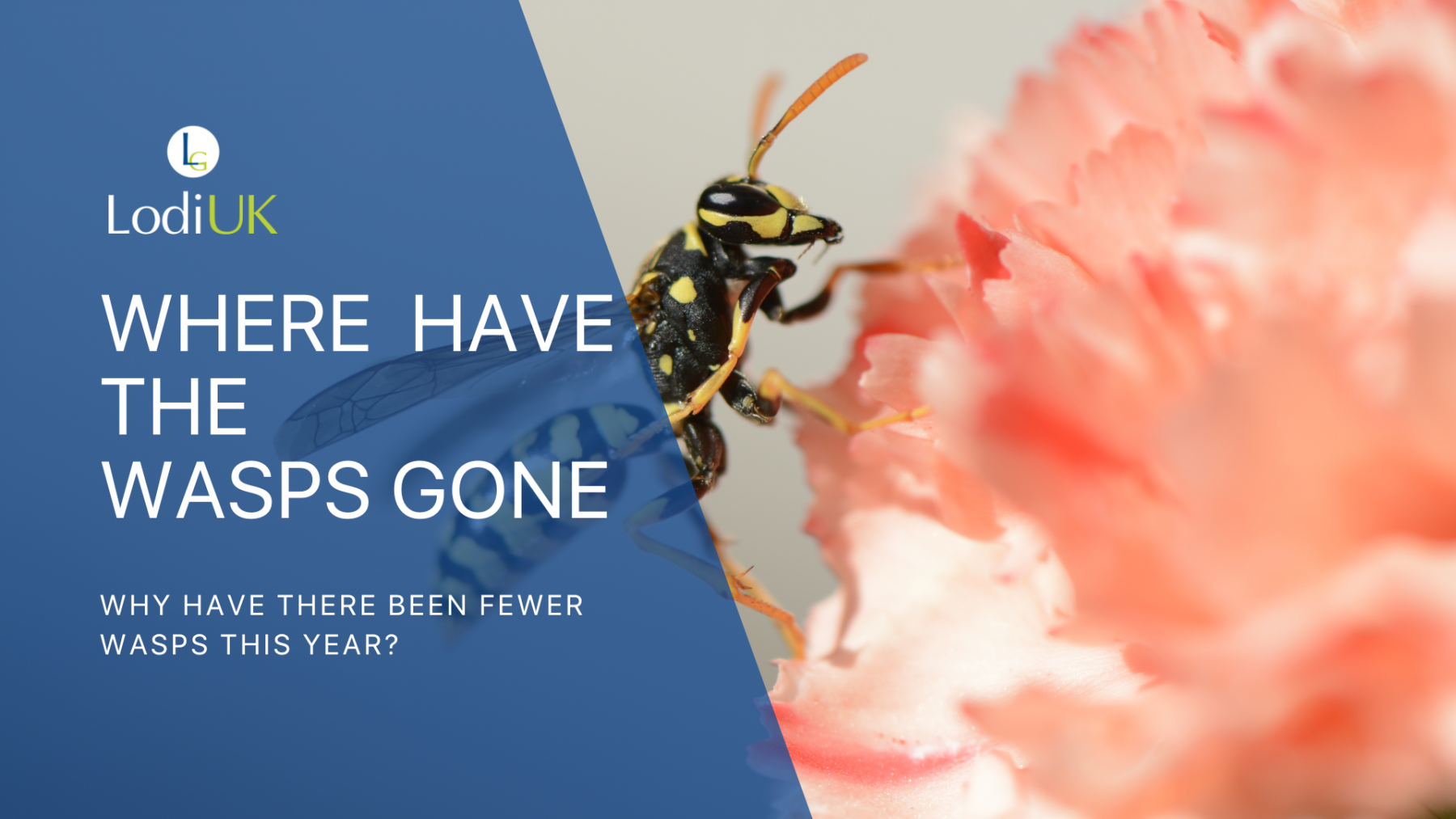Where have all the wasps gone this summer?
Where are all the wasps?
Whether they’re buzzing around your BBQ, disturbing your picnic or flying around a crafty pint (or two), usually at this time of year we would be seeing swarms of those pesky yellow and black-winged warriors. Now approaching mid-August we’re left asking the question where have all the wasps gone?
The short answer is the weather. The lack of sunshine, colder climates and wetter-than-usual conditions all being contributing factors. 2024’s unusual Spring & Summer seasons have significantly impacted and disrupted the typical wasp lifecycle. Beginning in Feb/Mar, when temperatures start to slowly increase, nature’s cue for the fertile queen wasps begins. They emerge from their winter hibernation to find a suitable place to build their nest and form their colony.
But since this April we experienced 55% more rainfall than typical, which according to the Met Office was recorded as the wettest April since 2012. Now this rain, cold and frost could have damaged or destroyed nests in their early stages of development leading to less overall wasp numbers.
Wasps nests are made up of chewed wood and are usually located at the base of trees, in bushes, wall cavities, sheds, garages, lofts and even underground in the soil. The queen builds a few cells and lays her eggs inside, which she rears to be her first worker wasps. These wasps take over the nest-building process, rear the young and forage for food for the expanding colony. Inside the cell of the nest each wasp goes through the complete metamorphosis from an egg, larvae, pupa to a full-grown adult. On average a wasp nest can be home to up to 5,000 wasps during peak times in their lifecycle.

Summer usually marks the expansion of the colony, nests grow from the size of a golf ball to the size of a football. Did you know that wasps are able to construct their nest to any shape to fit in the available space? At the peak of Summer, colonies reach their climax where there can be 10,000+ wasps inside a single nest. The life cycle of wasps in the UK are dictated by the seasons, which this year have without a doubt stalled, delayed and halted their development.
Wasp needs to know?
It’s no surprise that wasps have been voted the 2nd least favourite insect by YouGov. Their aggressive attitude, nasty & painful stings giving them a bad reputation in the insect world. However, wasps are in fact an important maintainer of a balanced ecosystem. One of the major pollinators, contributing to and protecting biodiversity. Travelling from plant to plant whilst hunting for nectar, wasps unintentionally become accidental pollinators.

Wasps act as apex predators, without wasps our world would be overrun with nuisance insects and spiders. According to the Natural History Museum each summer, social wasps in the UK capture an estimated 14 million kg of insect prey, such as caterpillars and greenflies. Wasps need large amounts of insects to feed their young, meaning they are usually most active in warmer months when food is readily available.
What does this mean for the industry?
For the Professional Pest Control Industry this has been one of the worst summer’s on record. The lack of wasps has led to a decrease in callouts to eliminate both insects and nests.
Pest controller James Tennent told the BBC ‘This year there’s been some days where we’re waiting for the phone’ in response to the lack of jobs coming in for wasps.” This is echoed in the most recent State of Nature report, as there has been on average 18% decrease in species that pollinate.
All is not lost as there is already a glimmer of hope for 2025. Thomas Ings, an associate professor in Zoology specialising in entomology at the Anglia Ruskin University in Cambridge said that what happens the year before influences what we get the following year. “When there are a lot more wasps in one year, you do tend to have slightly fewer wasps in the next,” he said to the BBC.
This summer's unusual weather—marked by increased rainfall and cooler temperatures—has significantly reduced the wasp population, disrupting their usual lifecycle. While this year's scarcity highlights their importance in our ecosystem and to our industry, there's hope that the population may rebound next year, reminding us of nature's ability to balance itself. We can only hope that next year it will be the summer of the wasp!



